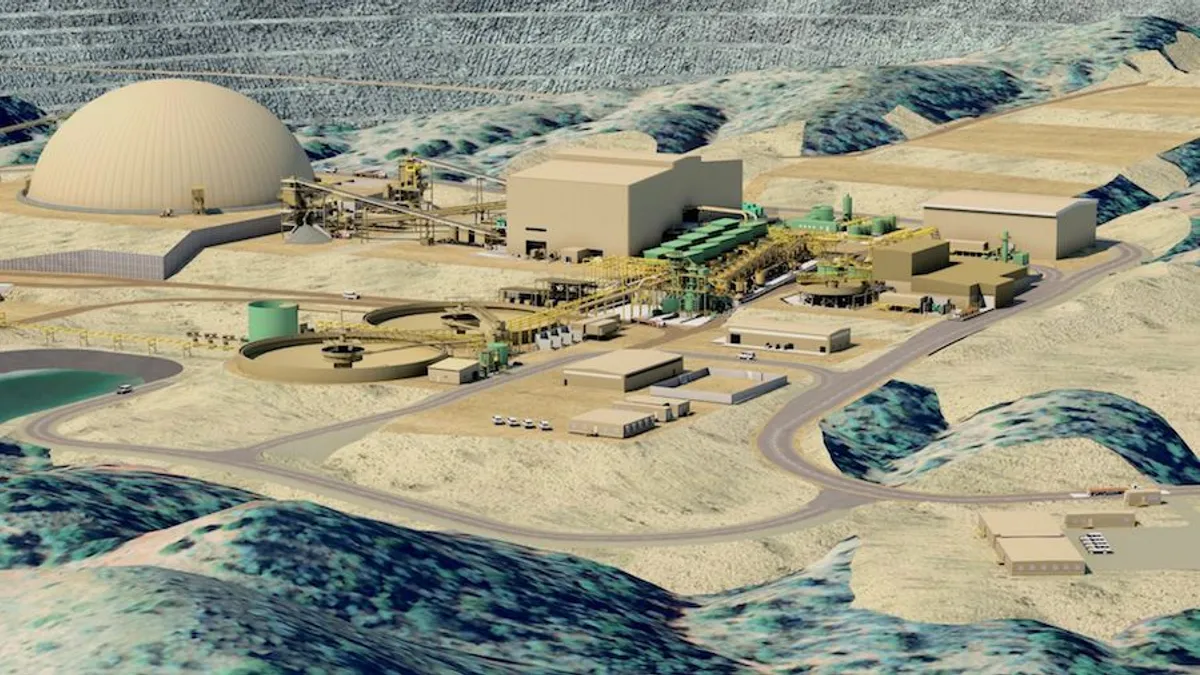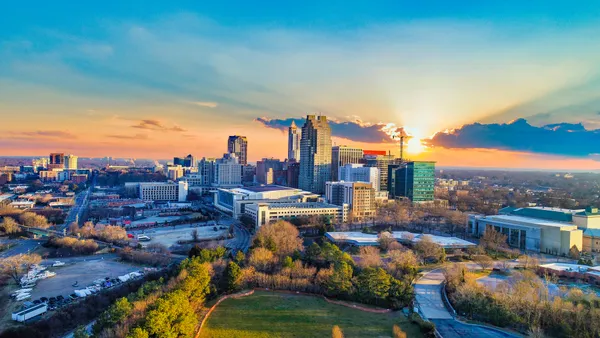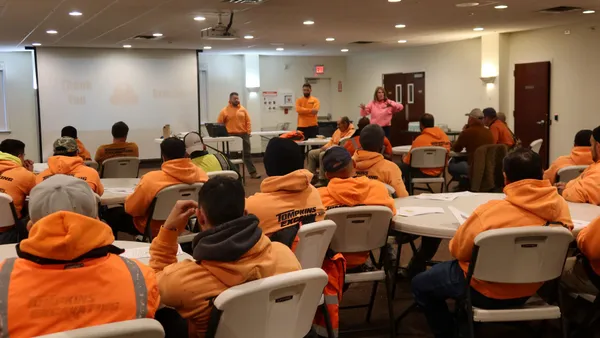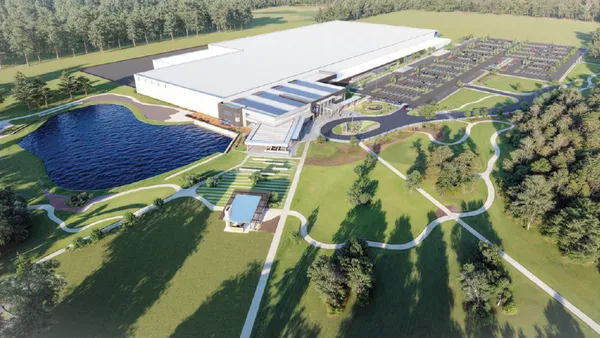Dive Brief:
-
Hudbay Minerals Inc. announced this week that a U.S. District Court judge in Arizona vacated the permit that would have allowed the company to begin construction of the $1.9 billion Rosemont copper mine outside of Tucson.
-
U.S. District Judge James Soto ruled that, under applicable mining laws, Hudbay's Rosemont Copper Co. does not have a valid claim to the almost 2,500 acres of U.S. Forest Service land it wants to use in its operations and that the Forest Service was wrong in its issuance of a 2017 Final Record of Decision (ROD) and a 2013 environmental impact statement that would allow the disposal of mined rock and other waste on the property. In its ruling, the circuit court consolidated cases brought by the Center for Biological Diversity, as well as other environmentalist groups and Native American tribes.
-
Hudbay said it believes that the judge in the case "misinterpreted federal mining laws and Forest Service regulations as they apply to Rosemont" and that the company will be appealing the decision to the U.S. Ninth Circuit Court of Appeals. Hudbay said it conforms to relevant regulations and that the project was subject to a 10-year approval process that saw 16 hearings, more than 1,000 studies and 36,000 public comments.
Dive Insight:
In April, Hudbay announced it was proceeding with $122 million of preconstruction work — i.e., water and power lines, engineering and geotechnical work, archeological site work and permit-related mitigation activities — at the mine property. At the time, the company was only in the market for a construction manager, site manager, electrical engineer and a few other construction-related positions but anticipated that the project would ultimately generate about 2,500 temporary jobs once work was fully underway this year. The mine was scheduled to open in 2024, but that timeline is now in jeopardy as Hudbay embarks on what could be a lengthy appeals process.
In an interview with Construction Dive in June, Tom Dunn, president of the Arizona Builders Alliance, said that there was strong local opposition to the mine and that the price of copper, which has dropped since Hudbay first made its initial application, might determine how hard the company will fight to be able to proceed with construction of the mine’s ancillary structures and operations.
The Ninth Circuit is the same court that stopped construction on the portions of U.S.-Mexico border wall that are using diverted military funds. The court found that use of Department of Defense money does not comply with the requirements of President Donald Trump's national emergency declaration and that the move was an attempt to circumvent congressional funding procedures. Since then, however, the U.S. Supreme Court has decided that construction can move forward while the issue moves through an appeal.













